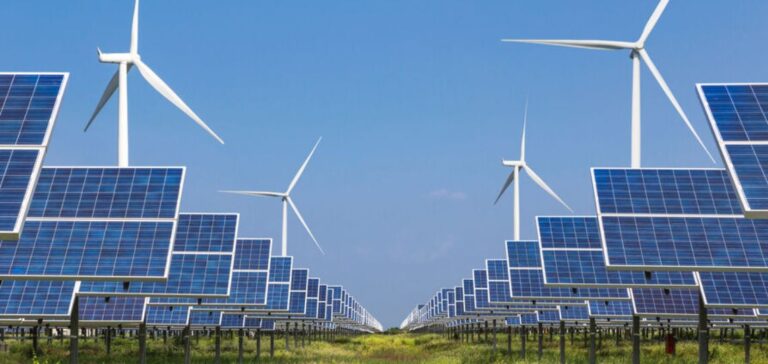The French energy regulator CRE (Commission de Régulation de l’Energie) has announced revenues of €13.7 billion from renewable energies in 2023.
Major financial windfall for the State in 2023 thanks to renewable energies
In 2023, thanks to the 2003 support mechanism for renewable energies, the State will receive 13.7 billion euros. Renewable energy operators pay back the difference when market prices exceed the guaranteed price, as is currently the case. Despite record high electricity prices, renewable energies will be profitable for the State in 2023 and 2022.
“Revenues (for the State) linked to support for renewable energies amount to 13.7 billion euros, taking into account regularizations, which enables the financing of around 50% of public expenditure linked to tariff shields and shock absorbers”, CRE stated in a press release.
“Without wind and solar power, the tariff shield would cost the state twice as much,” summed up Nicolas Goldberg, energy expert at Colombus consulting, in a tweet.
Renewable energy revenues down on CRE forecasts for 2023
“13.7 billion, but which is 25 billion less than the revenue forecast in CRE’s deliberation of November 3, 2022, due to the sharp drop in wholesale prices on electricity markets since then”, CRE explains.






















